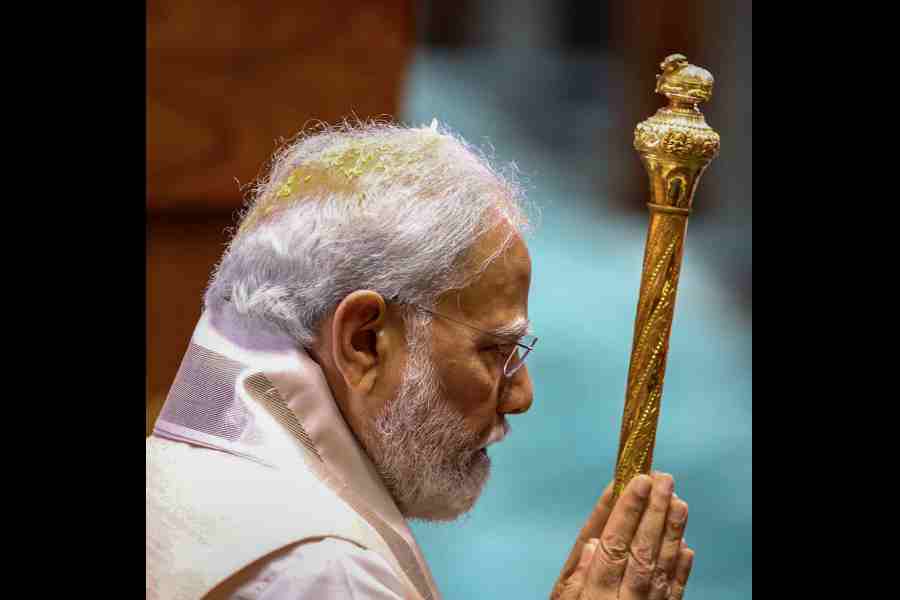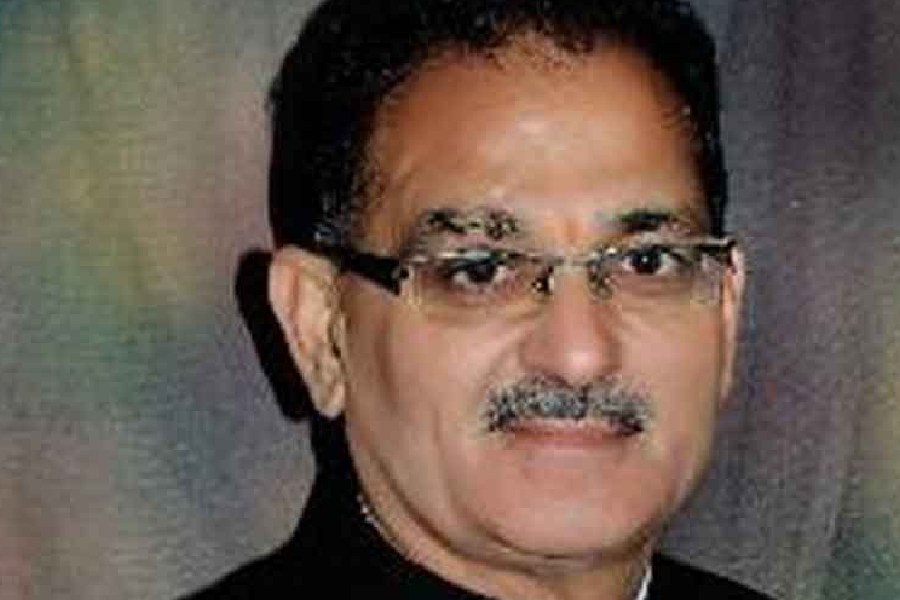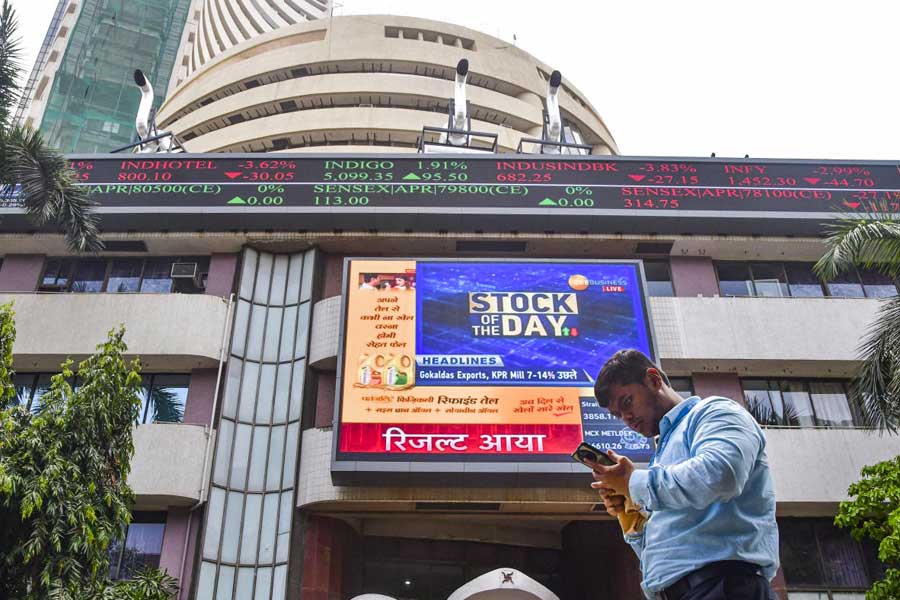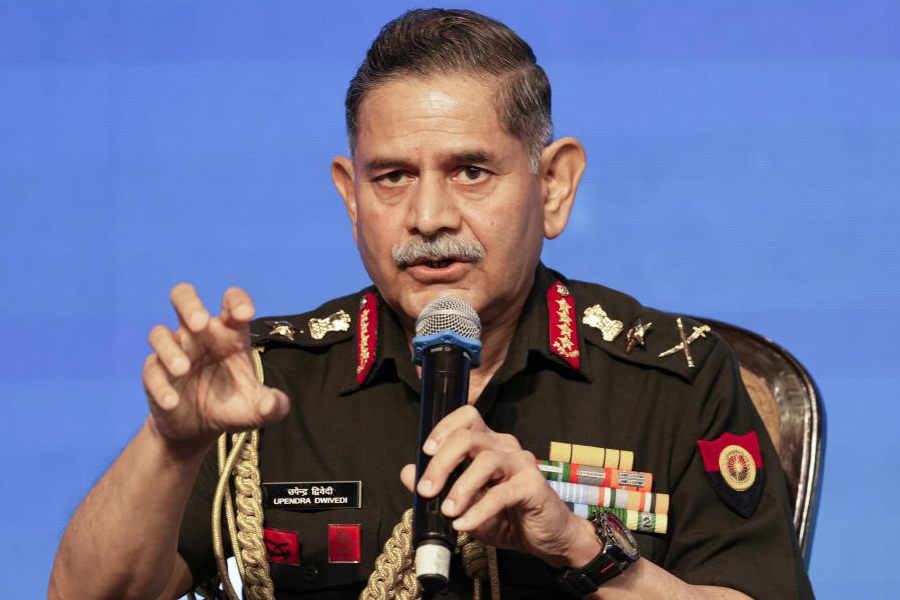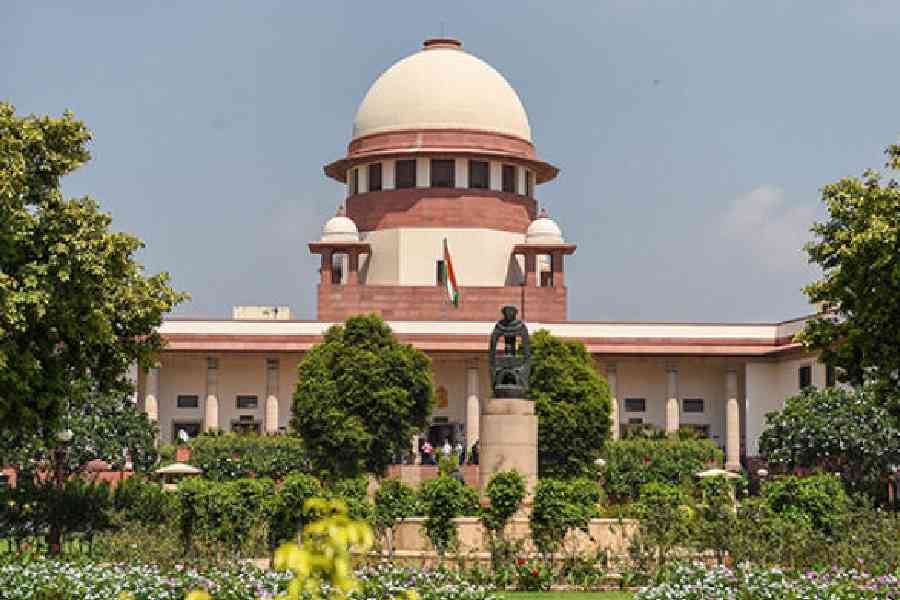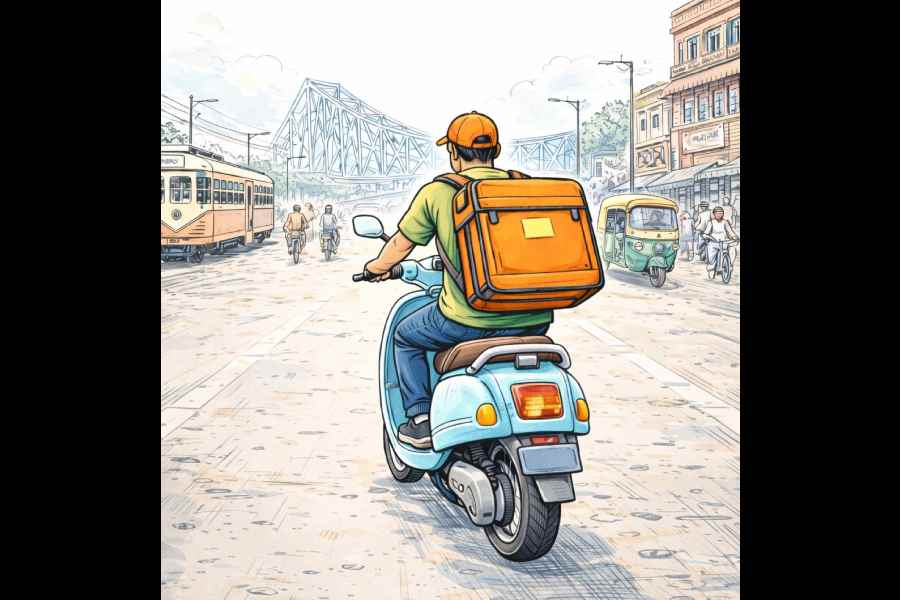Can the old — nay, the ancient — be passed off as the new? Can pre-democratic traditions be paraded as rituals of a modern democracy? The answers are in the affirmative. New India must be grateful to Prime Minister Narendra Modi for achieving these sleights of hand. The Bharatiya Janata Party had attempted to portray the installation of a sceptre — the sengol — in the mint-new Parliament as an instance of continuity. As evidence, BJP leaders cited a specious chapter at the dawn of Indian independence, fusing the sengol with Jawaharlal Nehru who, as the head of a secular Republic, did not house it in Parliament. Mr Modi has: the sengol was installed next to the Speaker’s chair. Herein lies evidence of a telling disruption between the ideals and the paths of New and Old India. Religious overtones — the prime minister carried the sengol in a procession of holy men inside Parliament — have now been embossed on a sphere that should remain insulated from faith or faith-based majoritarianism. This, however, was not the only symbolic takeaway from the curated occasion. The sceptre is representative of divine ordination. Such an entitlement, associated with the historical nexus between the royalty and holy orders — the proverbial State and the Church — is a primitive ideal. It is also anathema to democracy. Yet, Mr Modi chose the charade in the name of upholding India’s Hindu tradition. But could it be interpreted as something that is perhaps more apt and sinister? The usurpation of democracy by a personhood, albeit an elected one?
The claim that the will of the people — democracy’s truest element — is in danger was, meanwhile, substantiated by what was happening on the streets of Delhi on the day India was bequeathed its new Parliament. Protesting wrestlers, demanding justice against the alleged predations by an influential BJP leader, were met with the might of the State. Mr Modi’s India has been a witness to such demonstrations of brutality against the collective will — be it during the protest against farm laws, or when Mr Modi’s government amended the citizenship law, or when Kashmir was robbed of statehood. This rage and mobilisation against injustice by people’s collectives must not be dismissed or demonised. They are signs that Indian democracy is alive and is willing to be heard, even though Parliament seems to have been dwarfed by a colossus.

